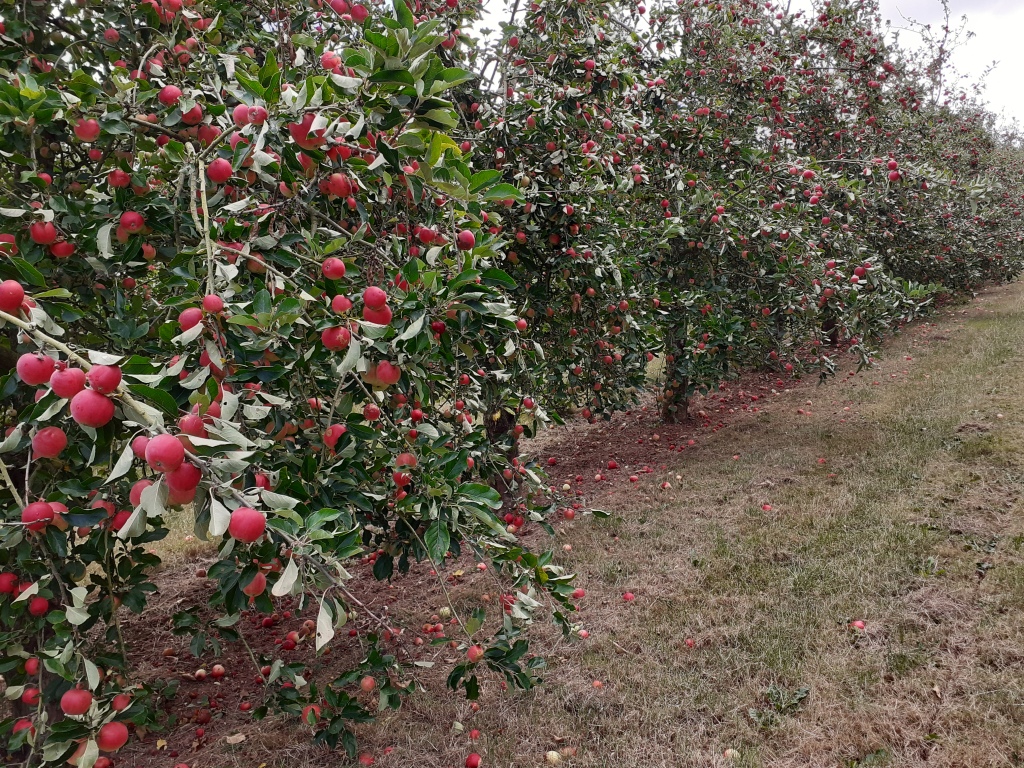In the Catholic school I attended, we were urged, when faced with any kind of trial or difficulty, to ‘offer it up’. As I look back on this, I can see that urging us to ‘offer things up’ was a convenient way for the nuns to avoid having to engage with whatever it was that a child might be going through and to do something about it. But it was also part of their spiritual ethos. The idea was that you effectively sublimated whatever you were going through into the pain or ordeal that someone else was facing, or that whole groups were facing, persecuted Catholics suffering under Communist regimes figuring most prominently in this category. To be seen to ‘offer things up’ was deemed to be a sign of personal holiness. It was a noble idea, but I’m not sure how effective it was, or whether it was really something God wanted of Catholic 9 year olds.
That being said, the worst remedies can often contain a kernel of medicinal value, if not for the person on the receiving end of them, then for those administering them. The nuns were primarily in the business of saving our souls, rather than educating us to think and to take responsibility for ourselves. We were all destined for marriage and the home hearth in any case, unless we were going to become nuns, of course.
Needless to say, I gave up offering things up the minute the school gates closed behind me for the last time. But I am beginning to see that, looked at in a different way, the idea has some merit. It’s possible to engage with the ills of the world without being sucked into them emotionally with all the inevitable effects that brings in its train; depression, addiction, a generally nihilistic approach to life, to name only a few. So the exercise, I can’t help thinking, is worth it. It pins the reality of a situation onto the noticeboard of the real. In other words, it stops us looking the other way and either disappearing into a holy fog (as I fear the nuns may have been doing) or slipping lazily into a mindset that then becomes part of the problem.
One of the greatest evils at work in the world at the moment is coming about in part at least as a result of this second approach. I’m talking about the whole Trump, far right, Q-Anon saga that has been playing out in the West now for almost ten years. Even the most level headed are in danger of slipping into this mindset unless we can act proactively together to stem the tide of destruction that will surely follow the dismantling of government and democracy as we know it if Donald Trump is returned for a second term as President of the United States. This is not mere conjecture on my part. He has already announced his intentions from a Washington court room. So how can well-meaning liberals who don’t engage with US politics very much make a difference?
This is where the ‘offering up’ comes in. There is a way of turning things around in our lives that functions on a completely different level to the pragmatic and logical. It begins, I think, with turning the downs (the ups too, of course) of our lives into positive energy by engaging them as a kind of force for resistance in the face of perceived evil. It is an action of the will, a refusal to give in to whatever is making life particularly difficult right now; be it a relationship, an illness, a state of mind, exhaustion brought on by over-work, or by trying to resist alcohol or drugs, or by despair itself. We convert all these states of mind into something solid by refashioning them into resistance to the evil that is swirling around in the political stratosphere and inside the heads of some of the most powerful and influential people on earth. The idea that freedom and democracy are incompatible, that those who will ultimately control all of our lives will be either a powerful individual, or a faceless nameless entity, a kind of ghost built on the power of bitcoin and the dark web, is given some kind of credence and respectability by people like Lord William Rees-Mogg (father of the British MP) who part edited a book called The Sovereign Individual – Mastering the Transition to the Information Age. We should all be reading it with a view to understanding what it is we are up against, so that we can confront it from within.
We do this by confronting lies with a greater Truth, a truth we have known by another name, perhaps, the name of Love itself. So we are not alone in this work. This is also where we part company with the ‘comforts of religion’, if ‘comforts’ is what they are. It is where we quite literally ‘put on the whole armour of God’ (Eph. 6:10) in consecrating our particular trials, great and small, into a greater concerted will to face down lies and call out plain evil. We do this together, as a body. The other name for it is spiritual warfare. It is not for the faint-hearted.

